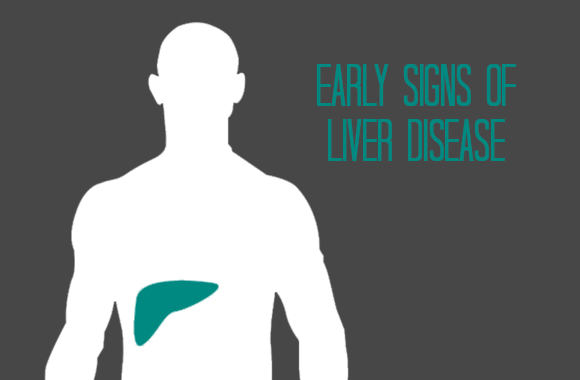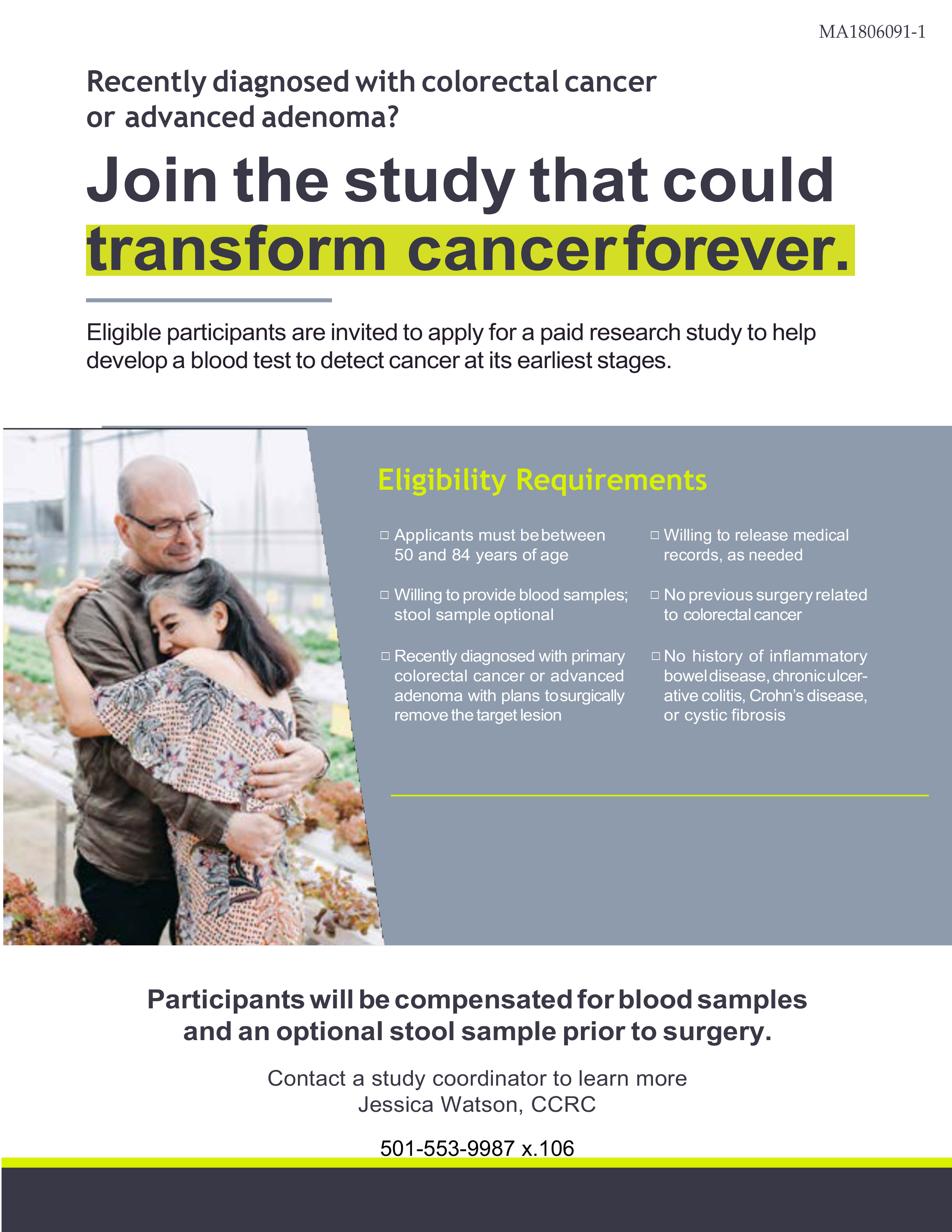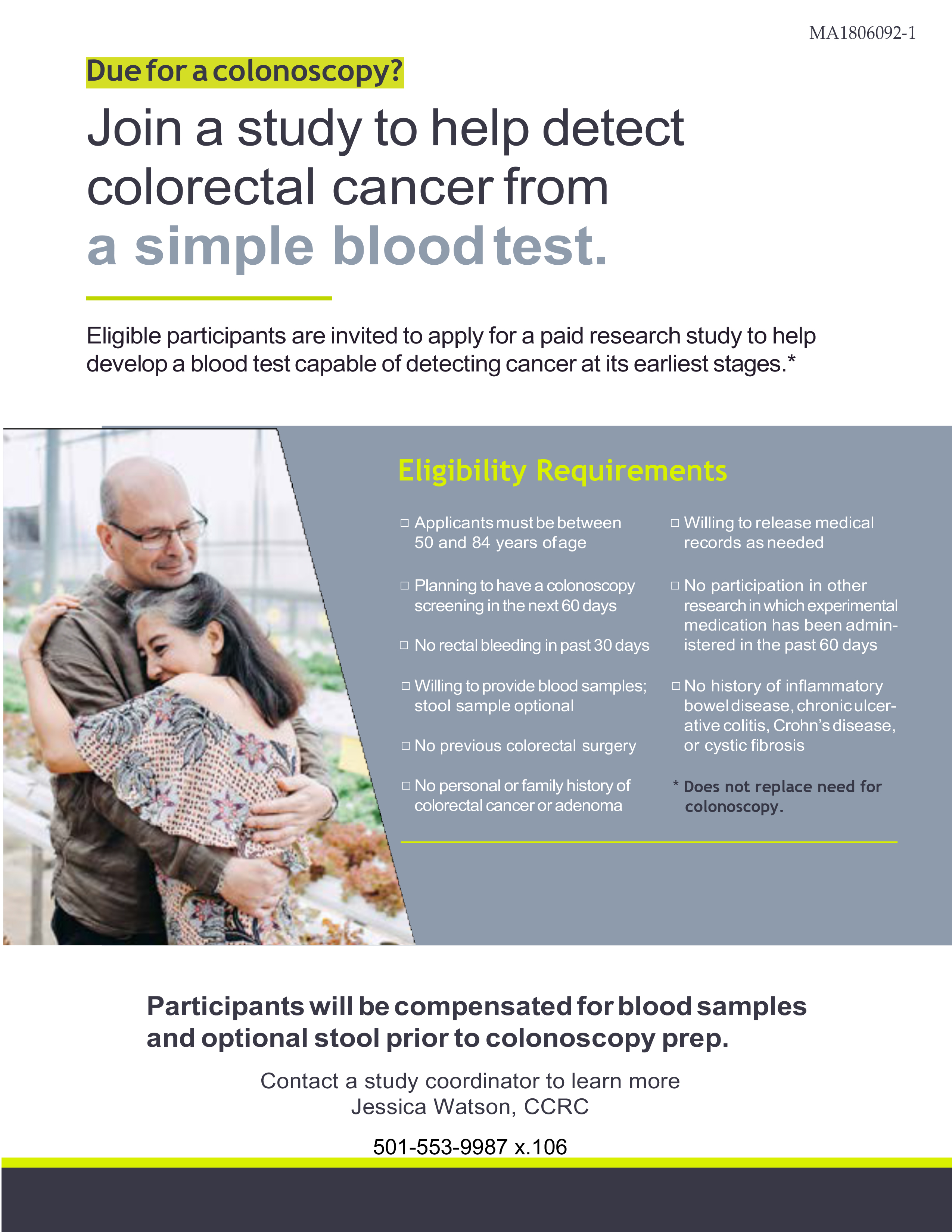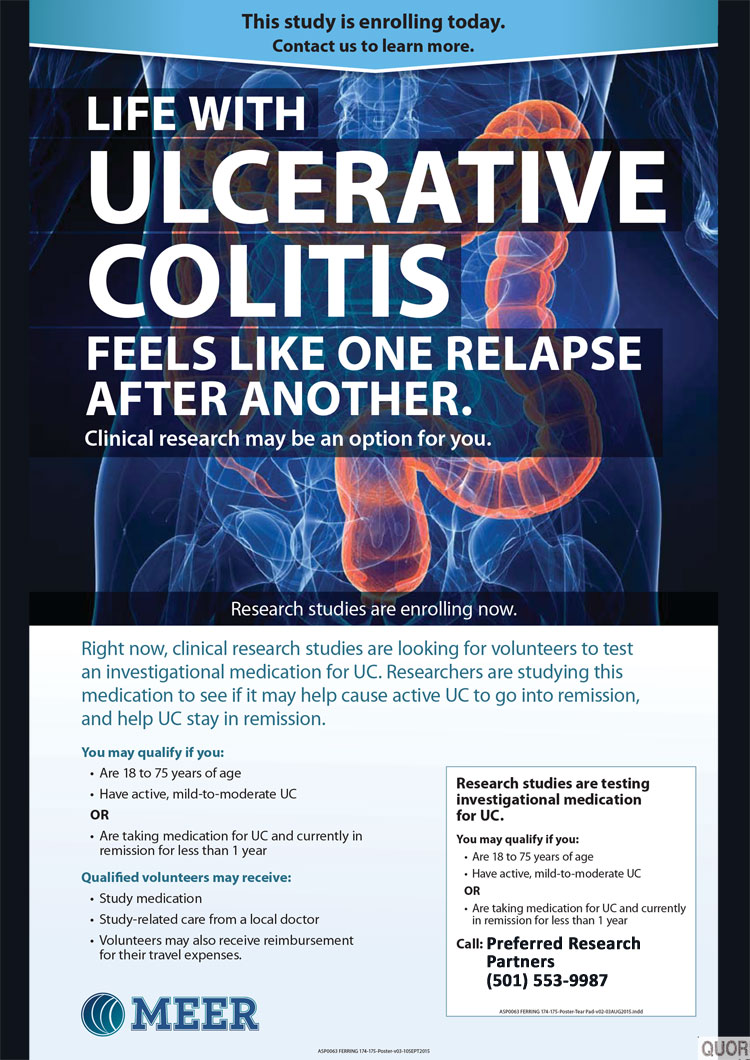A healthy liver helps clean the blood, digest food, and fight infections. Typically, the liver can repair itself and create new healthy liver tissue when damaged. However, prolonged damage limits the liver’s ability to heal itself. Unrepaired liver damage causes scarring called fibrosis. If left untreated, this scarring can become irreversible. This stage of damage is called cirrhosis.
Liver disease rarely presents obvious symptoms until it reaches a serious stage. Since liver disease is silent at first, it goes undetected for long stretches of time. The earlier liver disease is caught, the easier it is to reverse or at least prevent progression.
This collection of symptoms may seem vague, but when combined with risk factors for liver damage, such as alcohol use, hepatitis infection, exposure to toxins, and fatty liver, you may want to speak to your doctor about getting screened for liver disease. Watch out for these signs of liver disease.
1. Strange colored stool or urine.
Pale or blood stool and/or dark colored urine.
2. Chronic fatigue.
Fatigue is an easily ignored symptom, but long-lasting exhaustion could signify low blood oxygen levels and a damaged liver.
3. Abdominal pain.
Liver inflammation can cause pain in the upper right hand side of the abdomen. This pain may be throbbing or stabbing and can come and go.
4. Swelling in the abdomen, legs, or ankles.
As a result of diminished kidney functioning in cirrhosis, the body retains sodium and water, which causes swelling.
5. Yellowing of the skin and eyes.
The liver assists with waste elimination, so when its function declines, certain types of waste may accumulate in the body. Bilirubin is the waste product of broken down old red blood cells. If liver is damaged, it can’t process bilirubin, causing a yellow tint to the skin and eyes called jaundice.
6. Easy bruising.
The liver produces proteins necessary for blood clotting, so when it’s damaged there’s a shortage and you bruise and bleed more easily.
Visit our blog How to Maintain a Healthy liver for tips on protecting your liver from harm.
If you or a loved one have cirrhosis, submit your info below to learn more about the cirrhosis clinical trial we are currently enrolling patients in.











